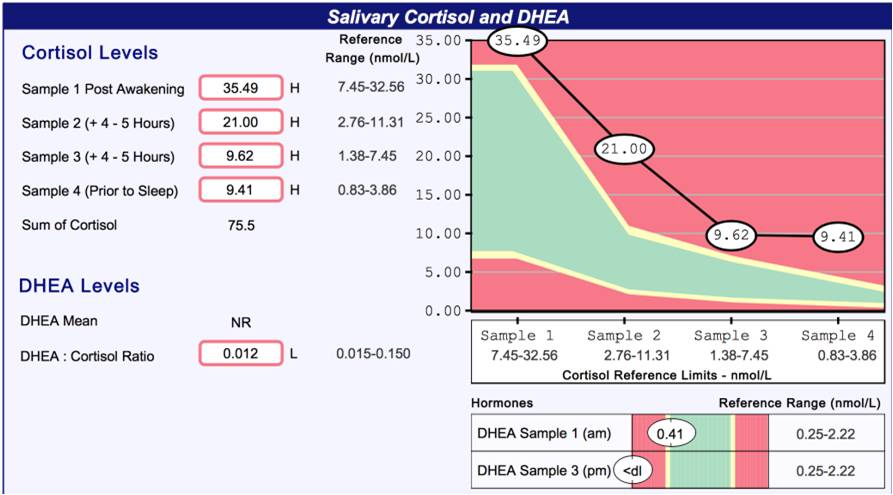Laboratory Testing
Diagnostic tests can be invaluable, not only do they help diagnose the problem but you have a repeatable test to assess whether your treatment has been successful.
Common tests that clients benefit from are:
- Thyroid Hormones – Total Thyroxine, Free T4, Free T3, TSH and Thyroid Antibodies
- Comprehensive Parasitology Profiles – for Parasites, Yeast, Bacteria
- Adrenal Stress Profile – a 24 hour profile for DHEA and Cortisol. Imbalances are associated with
- obesity, chronic fatigue, immune deficiency and increased risk of cardiovascular disease
- Comprehensive Digestive Stool Analysis – Evaluates digestion, absorption, gut flora and the colonic environment including immunology and inflammation.
- DHEA level – is the most abundant steroid hormone circulating in the body and is used to synthesise several hormones, including oestrogen and testosterone. Low levels are found in many chronic diseases
- Homocysteine– Widely implicated in a variety of clinical conditions and is a risk factor for cardiovascular disease.
- Women’s Hormonal Health – includes levels of progesterone, oestrogen and testosterone.
- Male Hormonal Health – Analysis of Testosterone and the Adreno Cortex stress profile to reveal how testosterone is influenced by cortisol, DHEA and melatonin.
Cortisol Levels measured from Saliva samples

